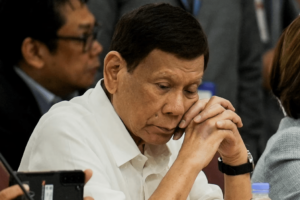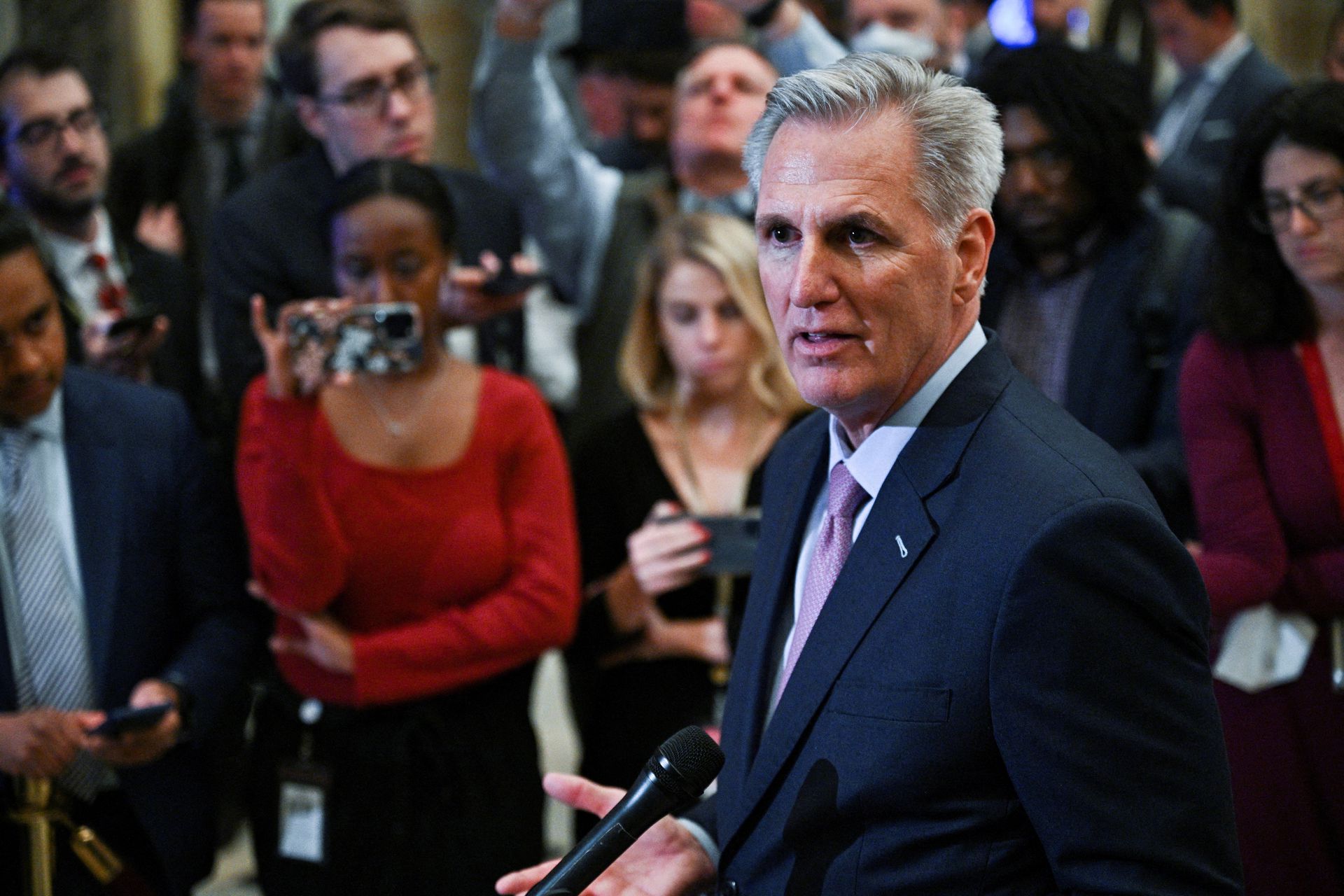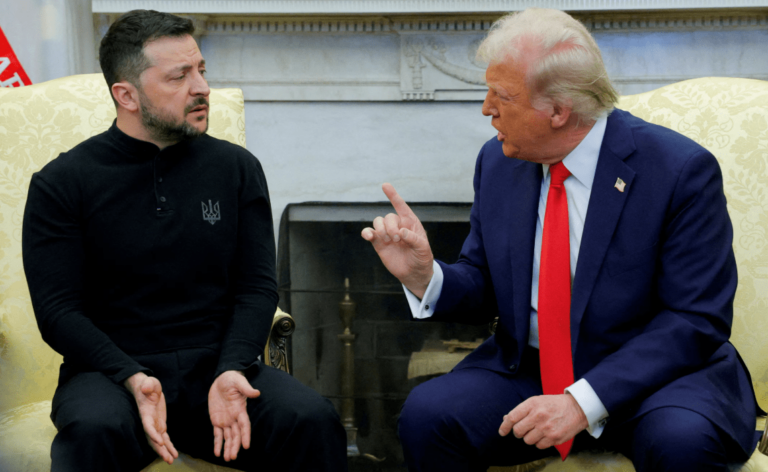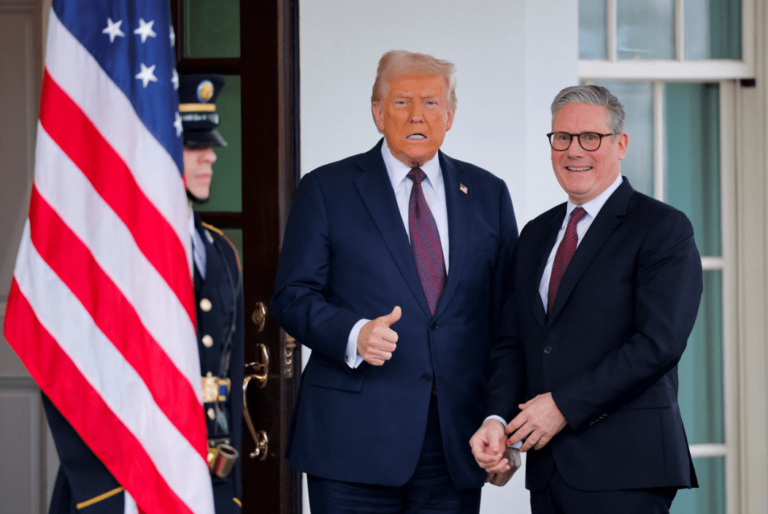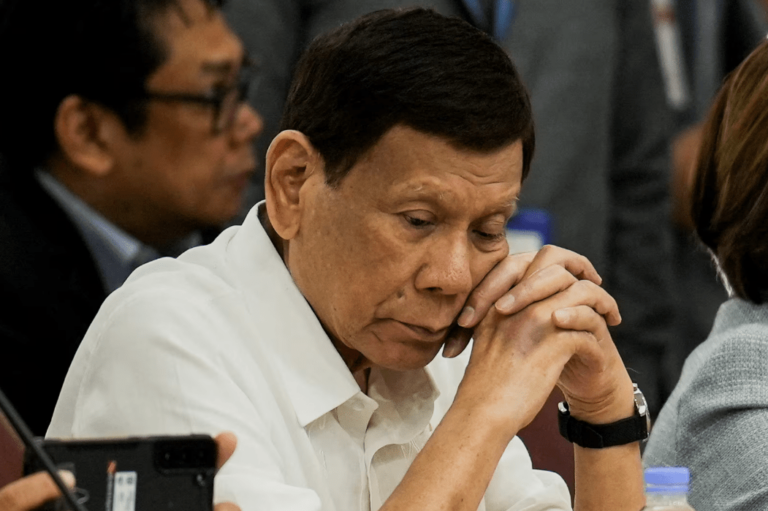House Republican leaders have unveiled a fresh proposal aimed at averting a government shutdown, potentially signaling a breakthrough after weeks of political impasse. House Speaker Kevin McCarthy has faced an uphill battle in his quest to secure government funding beyond the September 30 deadline while appeasing conservative factions within his party, some of whom have contemplated a vote to remove him from leadership.
Key Elements of the Plan:
· A 30-day stopgap funding bill, maintaining current government spending at $1.471 trillion annually.
· Inclusion of Republicans’ border security measures within the continuing resolution.
· Agreement to establish full-year spending levels at $1.526 trillion for the 12 necessary appropriations bills.
· Formation of a bipartisan commission to address the United States’ national debt crisis.
Several Republicans, previously opposing a Pentagon funding bill, have shifted their stance, paving the way for a vote on Thursday. Simultaneously, GOP leadership has been working on the short-term spending proposal, which is set to be introduced to the House floor on Saturday.
Resembling a deal brokered between the moderate Main Street Caucus and the right-wing Freedom Caucus, this proposal slightly trims spending levels in an effort to gain favor with conservative members.
While moments of tension surfaced during a lengthy meeting, there was an overall sense of productivity in finding a solution that could secure House approval. Differences in opinion between hardline and moderate Republicans played out during the discussion.
Leaders successfully convinced two of the five lawmakers who previously thwarted the Pentagon funding bill, increasing the chances of its rescheduled vote passing. However, it remains uncertain whether there are enough votes for final passage.
While there’s growing optimism about avoiding a government shutdown, lingering frustrations persist within the GOP conference. Some members remain skeptical about the proposed lower spending levels, leaving the door open for collaboration with Democrats as a potential alternative.
Despite members’ general agreement that a shutdown looms on October 1, it remains uncertain whether this new plan can rally support within the House GOP conference. Even if it does, the proposal faces an uncertain fate in the Democratic-controlled Senate, where bipartisan negotiations will ultimately be required to fund the government.
As Rep. Steve Womack aptly noted, the strength of the House’s hand in negotiations with the Senate hinges on the passage of a proposal within the House itself. The coming days will be crucial in determining the outcome of this high-stakes political maneuvering.


